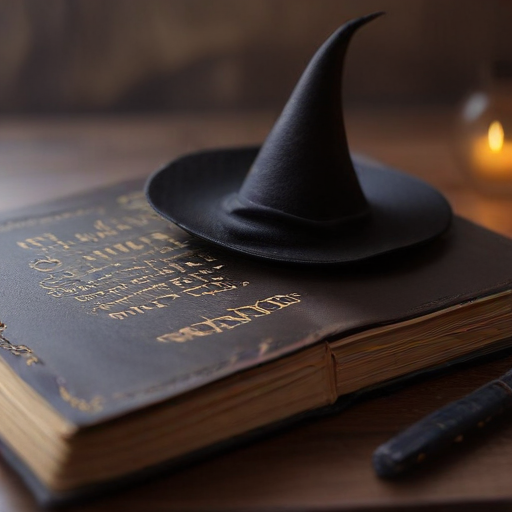Emma Hetrick, an instructor and coordinator of the College Writing Program, has introduced an engaging First Year Seminar titled “Hocus Pocus,” which delves into the complex and evolving concept of witches in society. The course poses thought-provoking questions about the definition of a witch—ranging from the stereotypical green-skinned characters on broomsticks to mystical women who can influence lives in both positive and negative ways. Hetrick emphasizes the subjective nature of what it means to be a witch, noting, “everybody kind of has their own idea.”
The course takes an interdisciplinary and intersectional approach, reflecting Hetrick’s fascination with colonial North America and her passion for media representations of witchcraft in films, television, and literature. Students explore how the labeling of individuals as witches has shaped narratives throughout history, examining the social implications of this label and its impact on those labeled as such.
Throughout the semester, students will analyze a variety of sources, including children’s literature like Roald Dahl’s “The Witches,” horror classics such as “Rosemary’s Baby,” and primary documents from the infamous Salem witch trials. Abigail Feeley, a sophomore in the class, observes that the perception of witches has shifted greatly over time, mirroring societal changes in values and beliefs.
One core theme of “Hocus Pocus” is the exploration of which women are marginalized or categorized as witches by dominant social narratives. Hetrick points out that understanding whose perspectives are given priority in historical contexts reveals much about power dynamics in society. The course highlights the continuity of witch persecution, drawing connections from the historic witch trials to modern-day rhetoric and cultural phenomena, such as political scapegoating and censorship.
To further immerse students in the subject, Hetrick assigns projects that encourage them to relate their learnings to the community. One such project involved creating displays for the Easton Area Public Library to promote children’s books about witches, complete with engaging materials like word searches and mock articles.
The final assignment invites students to examine a fictional or real character through the lens of witchcraft, reshaping their understanding of that individual’s role in society. Additionally, the class will attend the upcoming film adaptation of the Broadway musical “Wicked,” fostering a connection between classroom learnings and popular culture.
Hetrick expresses her enthusiasm for teaching this unique course, noting that it challenges students’ conventional ideas about scholarly topics. She believes that the discussions cultivated in “Hocus Pocus” will extend beyond academia, equipping students with insights relevant to their broader lives and future studies.
This innovative course not only encourages critical thinking and community involvement but also fosters a rich dialogue about identity and representation, making it a hopeful endeavor towards understanding diverse perspectives in our society.
